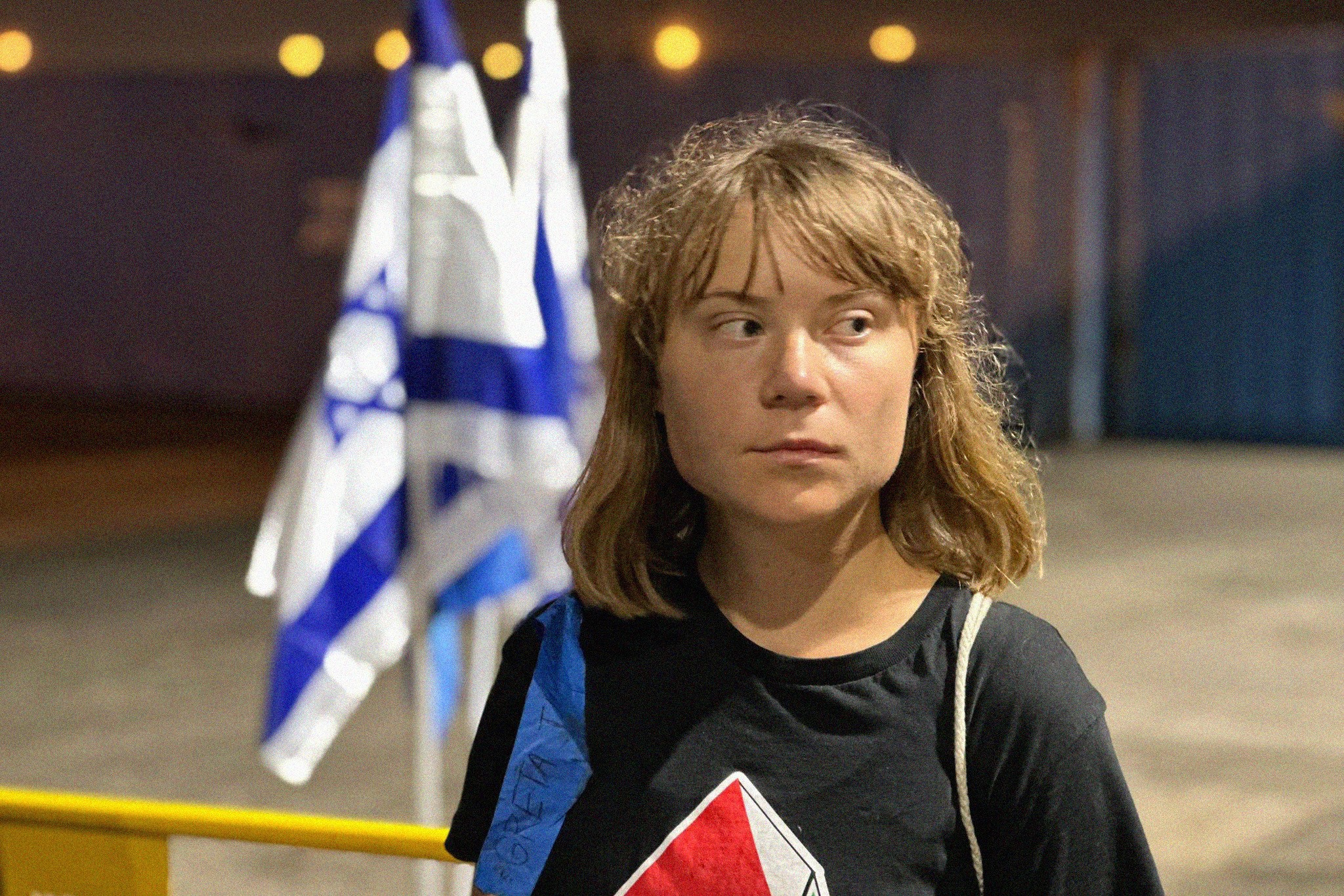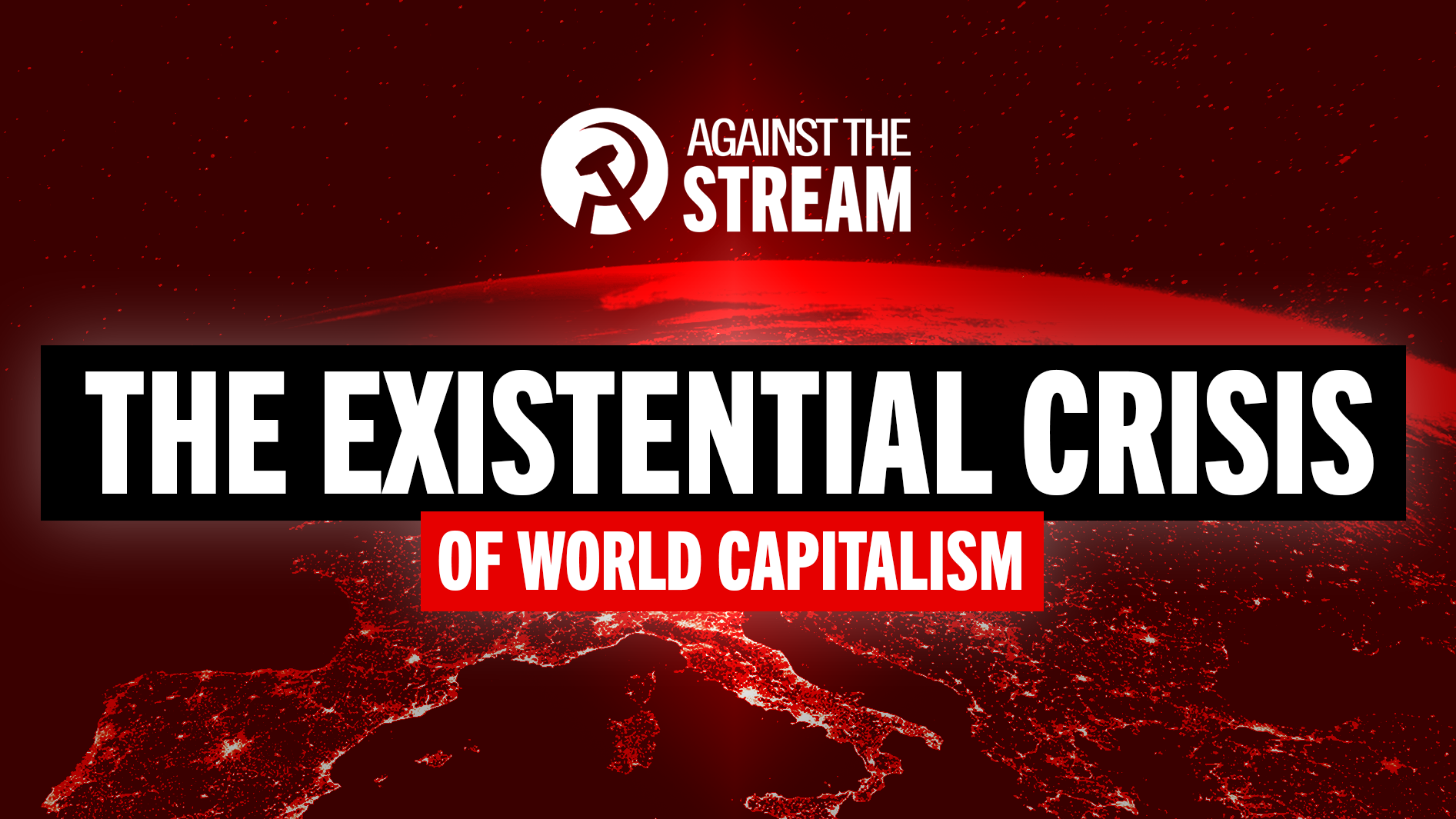As part of our coverage on the 10th anniversary of the "9/11" events, we republish here an interesting article by
Dr Tomasz Pierscionek, first published on the London Progressive
website, which compares the events of 11th September 2001 with that of
the 11th September 1973 – the other 9/11.
As part of our coverage on the 10th anniversary of the "9/11" events, we republish here an interesting article by Dr Tomasz Pierscionek, first published on the London Progressive website, which compares the events of 11th September 2001 with that of the 11th September 1973 – the other 9/11.
The other 9/11 tragedy- the day democracy died
The 10th anniversary of the September 11 terrorist attacks approaches. The events that followed the attacks have come to overshadow the tragedy itself and the shockwaves emitted a decade ago are still resonating across the globe, bouncing off one another to create ever new tremors.
Ten years ago, on the 11th September, 2,977 people lost their lives and approximately 6000 were injured. The ‘war on terror’, incited by George Bush and his neocon cronies, soon mutated into a ‘war of terror’. Thousands of military personnel, sent to war by nations comprising the ‘coalition of the willing, have lost their lives in the past decade. Hundreds of thousands of civilians in Iraq, Afghanistan, Pakistan and more recently, Libya, became collateral damage in wars that were sold to the public as necessary to defeat terrorism. Millions more have been forced to flee their homes, becoming what the UN regards as either internal or external refugees. Approximately 4 million Iraqis fall into these categories.
A report issued in 2006 (Trends in Global Terrorism: Implications for the United States) that collated the findings of 16 different intelligence agencies in the US, concluded that the Iraq war has led to an increase in global terrorism. The sympathy that followed 9/11 has been, in some parts of the world, replaced by a strong anti-Western sentiment.
An unidentifiable number of people have been imprisoned in the inhuman Guantanamo Bay prison camp or have undergone the practice of ‘extraordinary rendition’ and been transported for torture to one of the world’s secret prisons or ‘Black Sites’ run by the CIA. Others have had their torture ‘outsourced’ to the foreign intelligence agencies of countries renowned for having appalling human right records, such as Egypt, Jordon or Uzbekistan.
The ripples of 9/11 have extended to the previously sacrosanct ‘civil liberties’. Post 9/11 many nations cashed in on the opportunity of fighting the war on terror by increasing repression within their borders, increasing police powers and curtailing civil liberties. For example, Russia took the opportunity to further its own war on terror in Chechnya. Other nations from Australia to the UK, imposed restrictions on freedom to protest. In the UK legislation was introduced permitting the detention without trial for foreign terror suspects and allowing anyone to be detained without charge for up to 28 days. Tony Blair sought to increase the limit of detention without trial to 90 days. If the terrorists had intended to change the way we live, they have been more successful than they could imagine.
The furthermost ripples of the 9/11 tsunami are yet to hit the shore. The long term effects of the past decade of conflict will be revealed as the many orphans or psychologically scarred children in Iraq, Afghanistan and elsewhere reach adulthood.
While many around the globe are remembering, for a variety of reasons, the tragedy of a decade ago, fewer will recall that prior to 2001, the 11th of September was already known as a day of catastrophe for millions residing in the less affluent Global South. The 11th September 1973 was a day when democracy in Latin America was dealt a heavy blow, a day where a democratically elected government in Chile was struck by a fascist coup supported, no less, by the CIA. The response of Chile’s President, Dr Salvador Allende, that day to an attack on democracy could not be more different from the reaction of George W Bush twenty-eight years later. President Allende gave his life fighting for his country’s democracy.
As the candidate of the Unidad Popular (a coalition of left wing parties), Allende was elected President in 1970. In line with his ideals as a socialist and a democrat, he quickly began to restructure Chile’s economy to benefit the country’s poor majority. He nationalised the nation’s profitable, US owned, copper mines, allocated land to landless peasants, raised the wages of the poorest, attempting to create a more just society. Such a bold programme soon put Allende in conflict with both Chile’s wealthy class and the US government.
The US supported a coup led by General Augusto Pinochet, the head of the Chilean armed forces. On September 11th events came to a head as Pinochet’s forces launched an assault on Chile’s capital of Santiago.
The events of that 9/11 are carefully documented in the book ‘Chile: The Other September 11’ which includes an hour by hour account of the tragic day from Allende’s motorcade dashing through the streets of Santiago to the Presidential palace early that morning after the first reports of a coup attempt reach his ears to his last stand within La Moneda, the Presidential palace. Allende, alongside thirty-six companions fought to the death inside La Moneda, as it was being bombed from the sky and assaulted by tanks and troops loyal to Pinochet. President Allende negotiated with the belligerent forces in order that a number of government personnel, journalists and others inside the palace, including his daughter Isabel, should be allowed safe passage out of the building. Allende himself chose to stay behind inside La Moneda and some of those who could have left chose to remain with him. When offered safe passage in exchange that he leave the country immediately, Allende replied ‘‘I do not make deals with traitors, and you, General Pinochet, are a traitor’’.
President Allende, as Chile’s top worker and guardian of the county’s democracy decided to fight for democracy, to the very last second of his life. For hours he and three dozen companions fought of the soldiers, tanks and planes of Pinochet’s forces, as both La Moneda and Chile’s democracy were collapsing in flames around them. During his three years as president, he had routinely observed constitutional law and, unlike some ‘socialist’ leaders, had initiated no crackdown against his opponents. To the very end, Salvador Allende remained a passionate fighter for democracy. What had begun years earlier as an impassioned political battle against the enemies of Chile’s working class finished as an armed struggle against fascism, the enemy of all.
Over 3000 people lost their lives in the state orchestrated repression and summary executions in the days and weeks that followed the Chilean coup. During the seventeen years of Pinochet’s dictatorship, an estimated 40,000 people were killed and thousands more were imprisoned.
Allende’s last speech broadcast from the palace shortly before his death went as follows.
‘‘Workers of my country, I have faith in Chile and its destiny. Other men will overcome this dark and bitter moment when treason seeks to prevail. Go forward knowing that, sooner rather than later, the great avenues will open again and free men will walk through them to construct a better society.’’
‘‘Long live Chile! Long live the people! Long live the workers!’’
‘‘These are my last words, and I am certain that my sacrifice will not be in vain, I am certain that, at the very least, it will be a moral lesson that will punish felony, cowardice, and treason.’’
Would any of our leaders in Europe or North America ever fight for democracy in such a courageous manner? Would any of them even live up to their own war-mongering ideals by putting themselves in the frontline fighting in their ‘war on terror’? Clearly not, for they would rather dispatch countless others to do their dirty work for them whilst fighting a war on democracy at home. This brings us back to the more recent September 11th tragedy.






